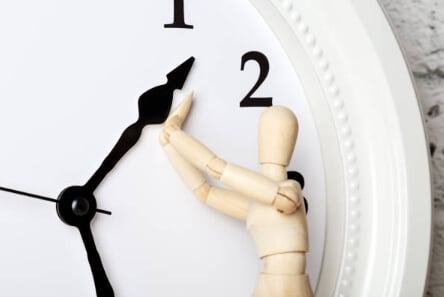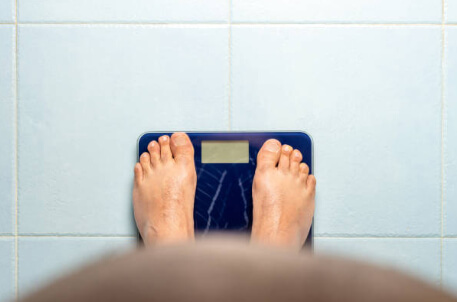What are the factors that influence longevity?
If you are fortunate in so far as you live longer average person, you may be called a person with longevity. Various variables will determine whether it is a blend of longevity and health.
The question of how to live longer is the old question driving the rapid growth of the longevity-related landscape that combines research, development, and investments to come up with longevity solutions.
With declining birth rates and an aging world population, humans' continued desire to live longer and healthier lives have never been more vital. However, what factors determine longevity, and how can they be used to ease people's lives?
What does longevity mean?
Life expectancy is an interaction of lifespan and health, defined as the number of years an individual is in good health and the time between their birth date and the day they die. A person's life expectancy can be drastically different according to the location of your residence. For instance, the life expectancy for people living in Japan is 81, with 69 years for Swaziland. Based to the Centers for Disease Control and Prevention (CDC), the life expectancy for a typical person in the United States is 78.8 years. [1]
Life expectancies of individuals are determined by a mixture of various factors, including the gender of the person, genetics, and socioeconomic situation. In the US, women, on average, live around five years longer than men, likely because women tend to be less likely to risk their lives. The average life expectancy has increased over the last century from about 30-40 years up to well into the 80s because of medicine, diet, and public health improvements.
The world's oldest living individual title is taken by Kane Tanaka, a Japanese woman who just had her 119th birthday celebration.
Longevity is usually found in areas referred to as "Blue Zones," in which people have a longer life span than those living elsewhere in the world and are the most likely to observe nonagenarians living active, healthy lives.
Healthspan is also a key component of longevity, as the majority of people do not get to the point of reaching their optimal lifespan as they suffer from age-related diseases. Because no one would want to live for an extended period of poor health, also known as disability-adjusted life-years (DALYs), the longevity industry is instead focused on increasing the longevity of healthy people.
Our health depends on the same combination of environmental and genetic factors that affect our longevity. As we age, our health slowly declines, and our risk of developing and dying from age-related diseases, such as Cardiovascular disease, Diabetes, and Cancer. [2]
Aging is a natural process caused by accumulated cellular and molecular damage in the body over time, known as the 'hallmarks of aging. The leading causes of this damage are genetic instability, loss of ends of chromosomes that make up telomeres, changes in epigenetics, and loss in the process of protein homeostasis, also known as 'proteostasis'.
Factors that affect the length of time
Understanding the factors influencing longevity is critical because it can be applied to life-extension interventions. The speed at which we age is controlled by a complex combination of genetic, lifestyle, and environmental factors, and the two most significant factors are the environment and genetics.
Genetics is a challenge that needs to be addressed. If either or both parents have a history of Cancer or heart disease before the age of 50, it is more likely that their children will have the same problem. Life expectancy also depends primarily on when the parents die.
Environmental factors also impact life expectancy and health. An improvement in the socioeconomic situation is associated with healthier results and longevity. It can increase access to health services, better nutrition, and healthier living spaces like green spaces and fresh air.
Living in the vicinity of pollution and the prevalent air pollution in cities may cause chronic health issues. These elements are beyond our control, but there are various ways we can improve our health and improve the odds of a longer life span.
Lifestyle changes are the most effective method to control the aging process. For instance, smoking or drinking excessive amounts of alcohol, lack of physical activity, and eating poor foods can all affect longevity negatively. However, their effects may be reduced by the end of these harmful practices.
Enhancing health and length of life
Life is endless, but professionals in the longevity industry have tried to change this through a combination of health and life sciences breakthroughs with companies to change the course of aging and improve lifespan and health.
Because there is no reason to live forever if you are in a perpetual health-related disorder, longevity specialists focus instead on the overall improvement of health and the slowing down of the aging process in the hope that it improves longevity and, according to some, ultimately immortality.
In contrast to traditional medical practices, longevity medicine is a field of study that seeks to extend the time of peak performance across the entire life span.
The pace at which the human lifespan has increased over the past century is likely to be even longer. Understanding our age may create real-time interventions with nutritional supplements, AI, and diagnostics that improve health, aging, and overall lifespan.
References:
[1] https://www.cdc.gov/nchs/fastats/life-expectancy.htm
[2] https://www.nature.com/articles/s41467-021-23014-1








